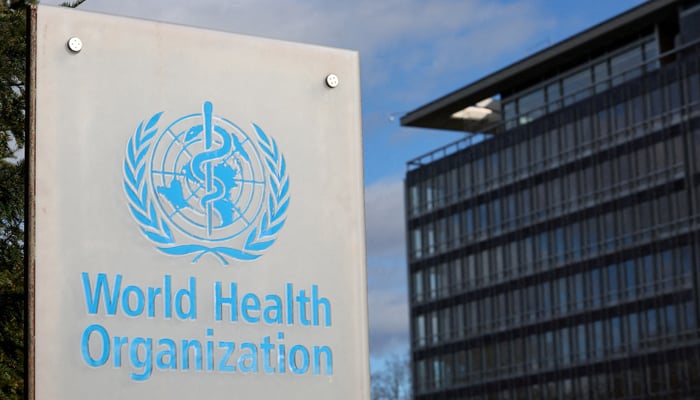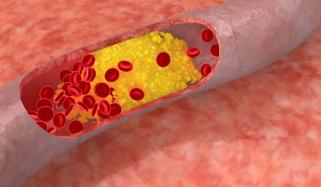
The members of the World Health Organization (WHO) have reached a revolutionising pact on how to respond to future pandemics following three years of negotiations.
WHO chief Tedros Adhanom Ghebreyesus stated, “Tonight marks a significant milestone in our shared journey towards a safer world."
The draft agreement was finalised after more than 13 formal rounds of negotiations, which will be considered at the World Health Assembly in May.
The WHO has been constantly working on an agreement since 2021, when member states requested a plan to coordinate the global response to COVID-19 and respond to the next health issues.
The agreement reached on Wednesday, April 16, 2025, includes a dedication to improve technology and mobilise a multidisciplinary global health emergency workforce.
South Africa’s Precious Matsoso, one of six ambassadors who lead the negotiations, stated that the agreement would “increase equity” and “protect future generations from the suffering and losses we suffered during the COVID-19 pandemic.”
However, the U.S. was not a part of the final rounds of talks, following U.S. President Donald Trump’s issuance of an executive order to cancel U.S. membership of the WHO.















